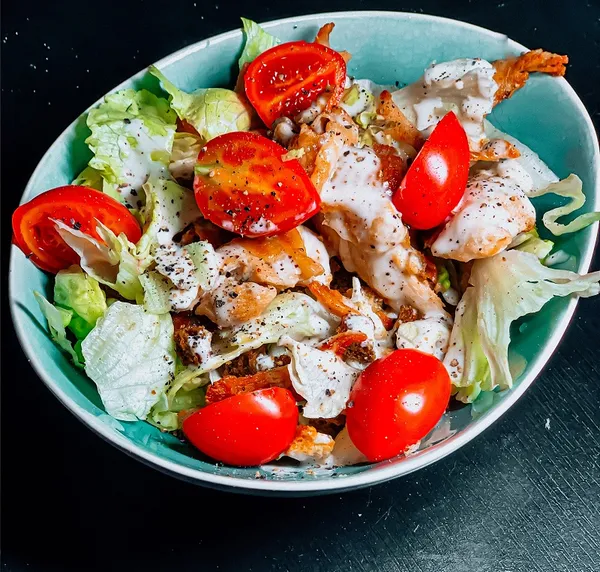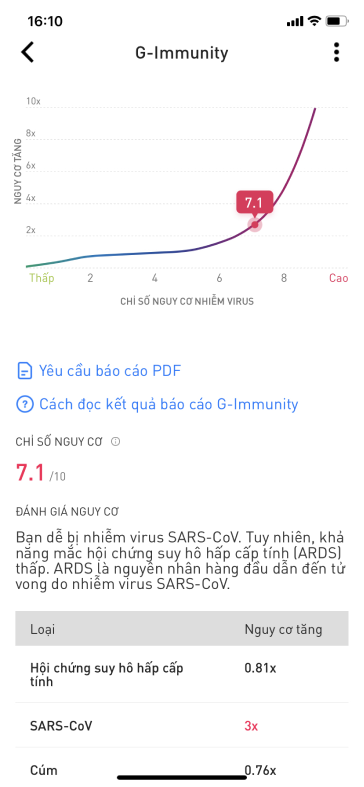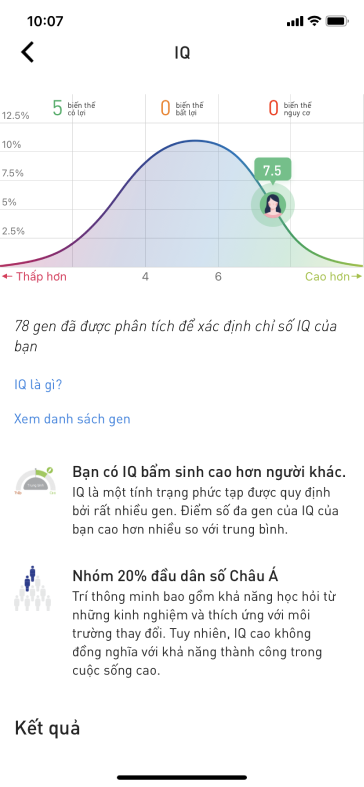The truth about weight loss and genetics

Some of us have an easier time losing weight. Some of us find shedding a few pounds notoriously difficult - even with proper diet and exercise. From paleo, to low-carb to Dukan, popular weight loss diets grace headlines, falling in and out of favor like clockwork. Various vitamins and minerals are recommended as fat burners.
But the truth is, it’s difficult to talk about weight loss without talking about genetics.
If you’ve ever had difficulty losing weight despite putting hours into the gym every week and counting calories daily, the question isn't, "what's the best vitamin for weight loss", or "what's the best multivitamin for losing fat". It's what kind of story your genes are telling.
How your genes affect weight loss
Some genes can make you sensitive to a high-fat diet, while others are abnormally reactive to carbohydrate intake. Yet others require you to exercise more than you normally would to lose weight.
There are eight major genes that may affect how you gain - and can lose - weight.
Different variations, or polymorphisms, on these genes can affect how your body reacts to food and exercise, and can mean the difference between getting nowhere with your diet and exercise, and finally seeing results.
We’ve assessed hundreds of studies for each of these eight genes, and have narrowed down 53 of the most important papers that examine the effects of genes on weight loss and nutrition. These are the key insights we’ve found:
Genetic variations cause different people to react in different ways to the fat and carbs they take in. In other words, it’s helpful to only eat the amount of fat and carbs that work best with your genetic profile.
People who follow a diet adapted to their genetic profile are, on average, 2.4x more successful at losing weight than people following a standard diet.
Genetic variations influence how your body responds to exercise.
Genetic variations influence how your body responds to calorie reduction.
How genetics and fat content affect your diet
One study involving 720 individuals presented evidence that people with a certain variation in their PPARG gene gained weight on a high-fat diet. This sounds a bit obvious - if you eat a lot of fat you’re going to put on more weight. But keep in mind that some people can maintain, or even lose weight on a high-fat diet. A DNA test will help you find out which group you fall under, and whether your body responds to a high-fat or a low-fat diet.
How genetics and carbs affect in your diet
People with a variation in their ADRB2 gene have shown significantly higher risk of excessive weight if they received more than 49% of their daily calories from carbohydrates. Studies like these demonstrate the importance of a genetic analysis, and can eliminate a lot of trial and error from your diet.
What it means if you have these genetic variations
According to studies, if your PPARG gene causes you to be less sensitive to the amount of fat in your diet, you are more likely to become overweight only when your carb calories are above 49%. In this case, a high-fat and low-carb diet may have a positive effect on your body weight.
Still, this isn’t a definite - as these are independent variables, your body can have a number of combinations: fat sensitive and carb sensitive, neither, or sensitive to either fat or carbs. The only way to know for sure is to get a DNA test.
Genes influence how quickly you lose weight from exercise
Genes have a big impact on how effective exercise is on weight loss. One study demonstrated how people with a particular variation in their ADRB2 gene (this variation is different from the one mentioned above) can easily cause weight gain if people lead an inactive lifestyle.
This means people with this gene have to exercise more than the average person does to lose weight.
Your genes affect your diet and exercise plan
Just because someone has "favorable" genetics due to the fact that they process fat better or don’t have a predisposition to excessive weight doesn’t mean they’re off the hook.
In one study, participants with "favorable" and "unfavorable" genes followed a three-year diet and exercise program. While the "favorable" group lost more weight at the end of the program, they also experienced a more significant yo-yo effect after one year, gaining more weight than the "unfavorable" group.
What are the best vitamins for weight loss?
There are pros and cons to all these genetic variations. The best you can do is find out any gene polymorphisms and personalize your daily Rootine nutrients to better fit your genetic variations.
It's not asking, "what is the best vitamin for weight loss?". It's asking what vitamins and minerals can complement your genetics to produce the most favorable results.
Reference: https://rootinevitamins.com/blogs/ourscience/the-truth-about-weight-loss-and-genetics
























